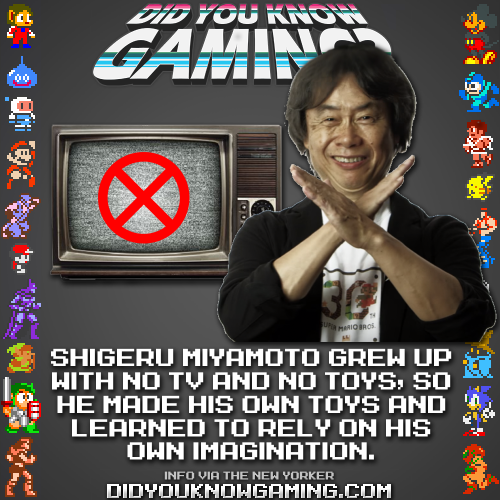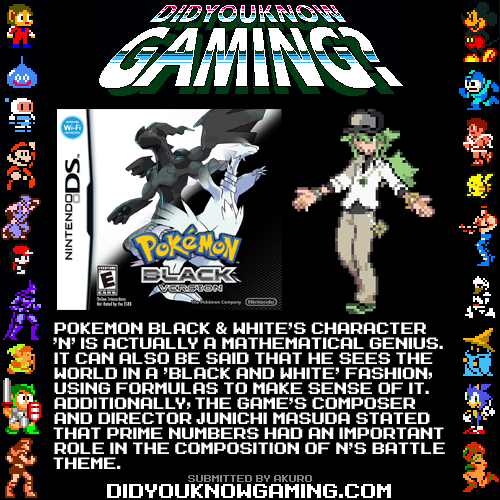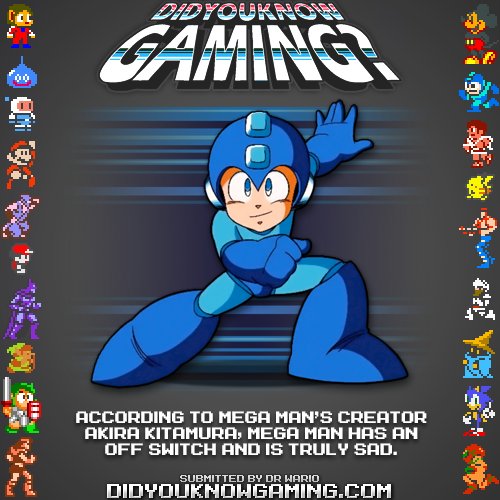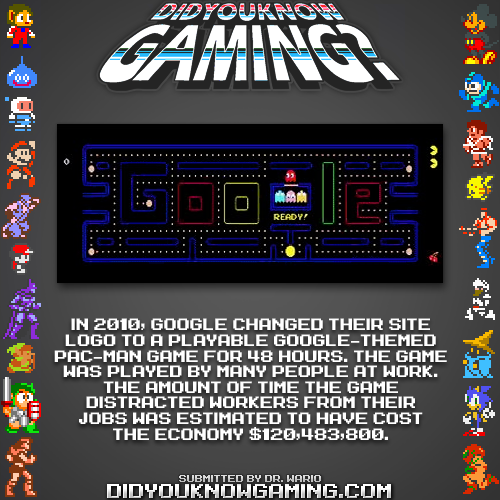- Iscritto dal
- 10 Gen 2009
- Messaggi
- 18,845
- Reazioni
- 18,448
Offline
Una fervida immaginazione:


Segui il video qui sotto per vedere come installare il nostro sito come web app sulla tua schermata principale.
Nota: Questa funzionalità potrebbe non essere disponibile in alcuni browser.
Pubblicità



In the very first Japanese release of the game, at the bottom of the well in Corel Prison, a rare debug enemy known as "Test 0" that was accidentally left in the game on its initial release can be randomly encountered. This encounter does not require cheats or hacks to occur, although GameShark codes can be used to access every other debug enemy battle in the game. This battle was removed from all future releases of the game. "The Completely Unauthorized Final Fantasy VII Ultimate Guide" by Versus Books, released in 1997, features an entry on this enemy (note that the HP listing in the guide scan is incorrect; Type 0 has 30000 HP).



The anime adaptation was originally meant to be a New Game Plus. One remnant of this draft of the story is Hibiki starting out with Byakko, which in the game would only be possible in a New Game Plus. Word of God also stated that if the anime was 2 cours, they'd have had Hibiki start out with weaker demons and gradually power up during the course of the story.



18 years after the game's release, on September 16th 2017, a Silent Hill fan community member by the name of roocker666 posted images of never before seen enemies hidden in the game's files online. These formerly unseen creatures include a giant headless frog (FRG), a possibly monkey based creature (MKY), an ostrich like creature (OST), a purple moth (BTFY), a manta ray (El), and a faceless snake (SNK). Three additional models were discovered at a later date, including beta versions of the Larval Stalker and the Grey Children, and most notably a giant chicken (CKN) that was bigger than the others and is thought to have been intended to be a boss character. Masahiro Ito, the game's background and creature designer, acknowledged the discovery on Twitter, but had no comment regarding the original purpose of the models.



According to the game's executive producer Takeshi Miyaji in a 2000 Dreamcast Magazine interview, the interviewer asked him if the game's target demographic would be a little older now given that Grandia II was the second game in the series, and he responded: "Yeah. To begin with, obviously the people who played Grandia are also now 3-4 years older. So that was one reason we raised our target age. The other reason is that, with the Grandia series, we don’t want to make the same game every time. The last game was a young boy’s tale of adventure, but in Grandia we wanted to show other things. By raising the target age, we could make the world a little more edgy and mature."



Kurt's Nameless number (No. 7) is without a doubt a reference for Squad 7 and Class G (G is the 7th letter in the alphabetical order) respectively.


The first game was announced by Level-5 as a PS3 launch title. It was released in Japan ... two years after the PS3's debut.


The initial releases of the first two numbered entries were not released outside of Asia. Given the improvements in the Updated Rereleases, however, the only real complaint about this is how long it took said releases to get English translations and exports. Similarly, Namco has never shown any interest in exporting the mobile titles (two of which have, as of 2019, concluded service) or most of the ancillary media. One of the things stirring interest in GE3 is that it will be the first initial-release numbered title to come out in English.


The False Idol in world 3-1 (Tower of Latria) holds a book during the fight with her. The pages are textured, which turns out to be of a page from the real-life Book of Kells.




This game marks the franchise premiere for the Party Chat function. The mechanic was inspired by Yuji Horii playing Diablo and wanting to emulate the feeling of a multiplayer game, with each character having distinct reactions to everything experienced across the adventure. Maribel was created specifically to accommodate this function, making her a rare blend of the lead heroine and the Plucky Comic Relief.


Interestingly enough, it found one in the form of Dead Rising which was supposed to be the sequel to Shadow of Rome. Once this fell through due to the poor sales of the first title, Dead Rising was reworked into the game we all know today. Many core gameplay mechanics and designs, as well as things like the Artificial Stupidity of the allied AI, transferred over surprisingly intact.


Director Keiichiro Toyama stated that that he conceptualized the idea for Gravity Rush more than ten years before its eventual release, describing it as the first game he wanted to create, pre-dating his work on Silent Hill. He cited Moebius's French comics that he read in his youth as inspiration for the world.



In an interview with game's producer, writer and director Yasumi Matsuno, found within the game's Ultimania guide book, he was asked what kind of story did he want to tell in the game. He responded: "With Final Fantasy Tactics, I think I really wanted to create my own version of Final Fantasy. I saw Final Fantasy as a kind of “morality tale adventure story.” For Vagrant Story, my first concept was to have two hours worth of event scenes strewn throughout the game. My image wasn’t so much of a big Hollywood movie, as it was a two-hour Tuesday evening suspense drama. I wasn’t thinking we’d make something with all these heavy and pretentious themes… I wanted to make it more lighthearted and easy to digest." "There was one thing I knew I didn’t want. Even though we were always going to tell a complete story, I didn’t want to draw the conclusion for players. I wanted to make a game where, from all the different experiences you have as the player/protagonist, you create the conclusion—what it all means—for yourself. I thought we’d try a more fragmentary approach this time, where players are simply presented with bits of information and they have to weave it together into a narrative themselves. In that sense, the question of whether Ashley’s memories are true or not—that is something I didn’t want to give an answer to, I just wanted to tell the tale."
